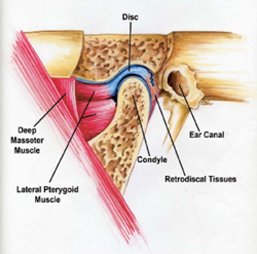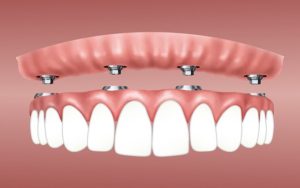Oral cancer doesn’t hit the news as much as many other types of the disease; it may surprise you to know that more Canadians will be diagnosed with oral cancer than cervical or ovarian cancer, and it causes more deaths than melanoma, breast or prostate cancer. Those are scary facts, and unfortunately, oral cancer will cause death in more than one in four patients who are diagnosed.
The positive news is that you can change those odds.
Beat the odds
Most cases of oral cancer are only detected after it has already entered an advanced stage. However, is that if it is diagnosed early, the odds of recovery more than double. So, how do you beat the odds and ensure that any oral lesions are detected early enough to treat? That part’s easy – it is part of your regular dental check-up.
• Even when diseases of the nose and throat are lumped together in oral cancer stats, it’s estimated that dentists and other dental professionals could potentially intervene early in about 85% of those cases.
Oral cancer
Oral cancer is the term used for cancer involving the oral cavity. That means it can include lesions in many different specific areas,
• Teeth and gums;
• Lips;
• Tongue;
• Floor and roof of mouth;
• Inside the lips and cheek;
• The area behind the wisdom teeth.
Even though many feel soft and pliable, usually, the cells of the mouth or oral cavity are quite resistant to damage. That resilience is necessary so that we can eat and speak without worrying about hurting ourselves. However, in some cases, a history of repeated or ongoing damage to those cells can weaken them and create the conditions where cancer can develop. Risk factors can include,
• Smoking;
• Alcohol over use;
• Constant friction or sores;
• Excessive sun exposure.
The tissue becomes painful as the changes involved in cancer take place. This can result in a variety of telltale symptoms.
• Sores that do not heal;
• Lumps that do not resolve and go away;
• White or red patches;
• Pain or numbness;
• Unusual bleeding;
• Difficulty chewing and/or swallowing;
• Sore throat that does not go away;
• Swelling in the jaw.
If you see or notice any of these changes, please make an appointment with your dentist for an exam right away.
How your dentist can help
Going to your dentist for regular check-ups is all about prevention. Along with professional teeth cleaning, your dentist can detect problems with your gums, teeth, and mouth before they become much bigger problems.
The same principle is at work when it comes to oral cancer. Did you know that your dentist already performs an oral cancer check as a routine part of your check-up?
• Your dentist will take note of any significant changes to your oral health;
• They will look for abnormalities in your mouth of any kind, including the specific signs of cancer;
• If anything is found, they will also ask about your general health and history to aid in a proper diagnosis.
Prevention – what can you do?
There are ways that you can protect your health and reduce your risk of oral cancer. As always, lifestyle is the key to good health.
• Quit smoking;
• Reduce or quit alcohol consumption;
• Use a lip balm with UV protection when you are exposed to the sun;
• Increase your intake of fruits and vegetables – there is a growing body of research that indicates certain components can reduce your risk of oral and other cancers;
• See your dentist regularly for check-ups.
Looking for advice on any aspect of your dental or oral health? You’ll find the answer at Dr. F. Keshavarz Dentistry in Brampton, ON.
If you’re looking for a well-regarded and highly skilled dentist in the Brampton area, make an appointment with Dr. F. Keshavarz Dentistry by calling (905)-791-3867. Visit our website to learn more about our dental services.







